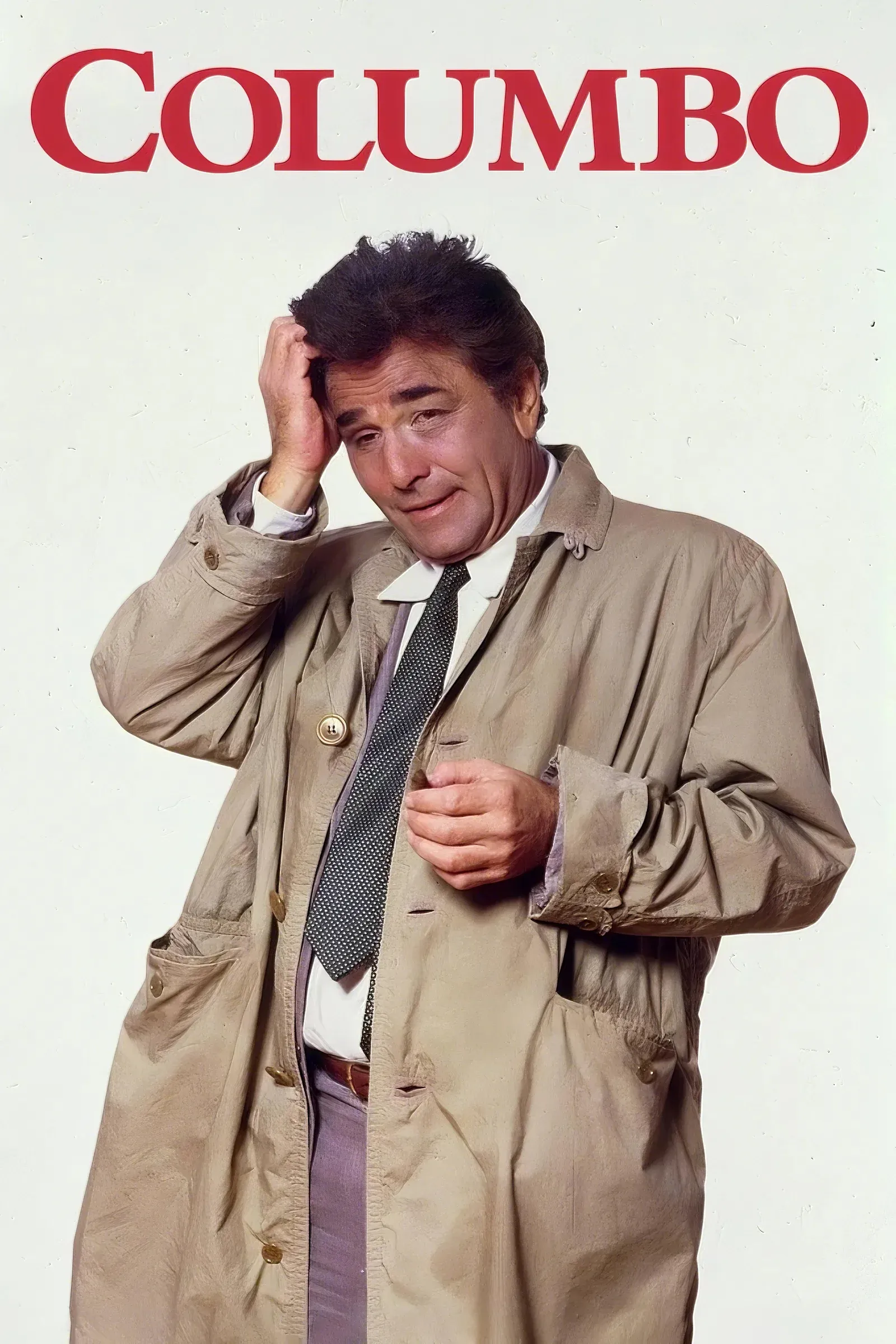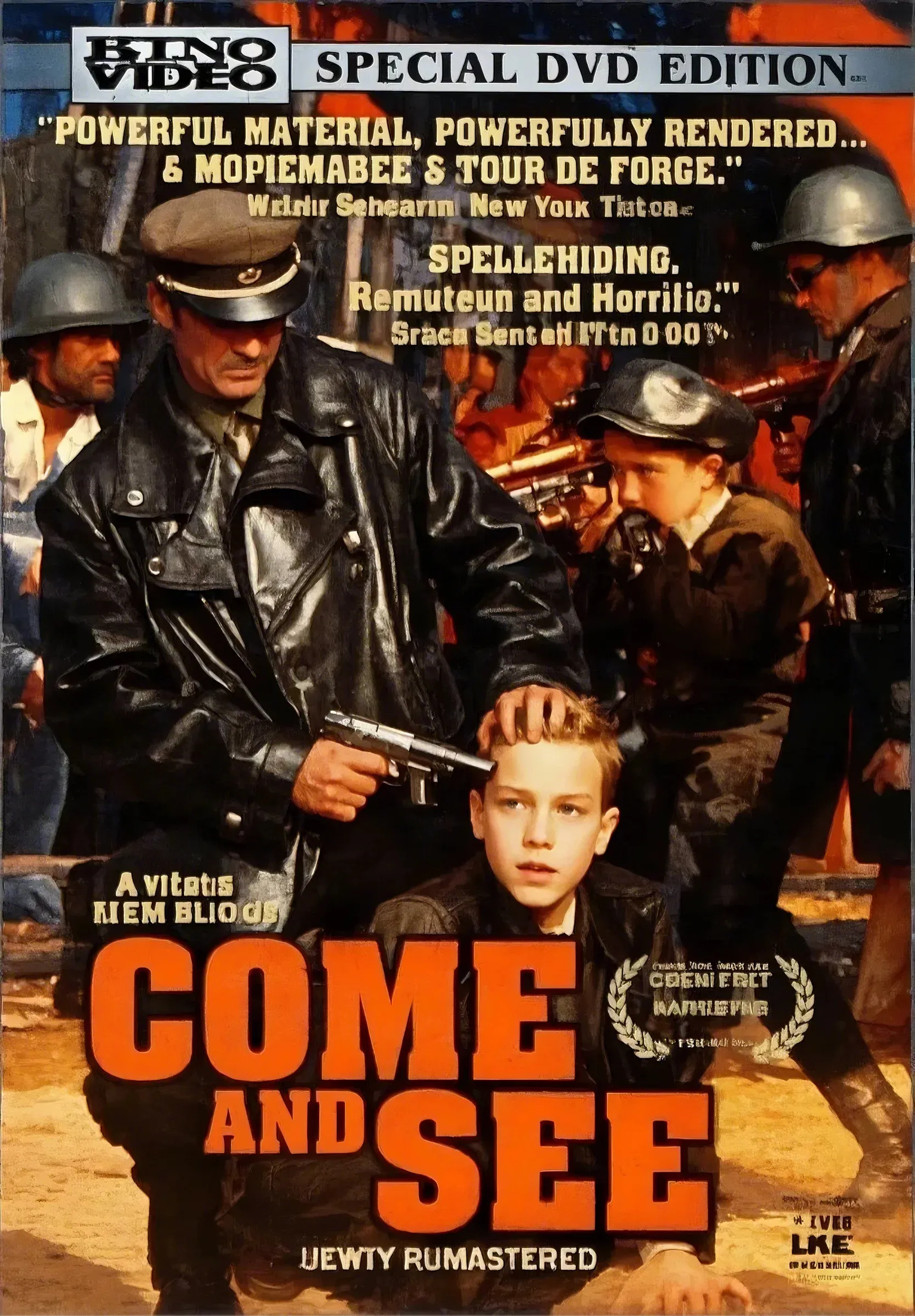Columbo (1971–2003) is one of television’s most beloved and enduring detective series, known for its unconventional structure, sharp writing, and the legendary performance of Peter Falk as the seemingly absent-minded but brilliant Lieutenant Columbo. Unlike traditional mystery shows that follow a whodunit format, Columbo pioneered the inverted mystery or howcatchem, where the audience sees the crime and the murderer from the very beginning. Instead of solving who committed the crime, the suspense comes from watching how Columbo methodically unravels the case and traps the killer.
Format & Structure
Each episode follows a formula that remains engaging despite its predictability. A wealthy, intelligent, or powerful individual—often a politician, scientist, actor, or tycoon—commits a murder, usually with careful planning to make it appear as an accident or to frame someone else. The killer is always arrogant, convinced they have committed the perfect crime. However, their confidence blinds them to small, seemingly insignificant details that only Columbo notices.
The murder happens within the first 15-20 minutes of the episode, and then Lieutenant Columbo arrives on the scene. At first glance, he appears unimpressive—his clothes are rumpled, he drives an old, beat-up Peugeot 403 convertible, and he constantly mumbles as if he’s confused. He often acts forgetful, fumbling for a pencil or searching for his notebook, giving off the impression of being absent-minded. This demeanor lulls the murderer into a false sense of superiority, making them underestimate him.

However, as the episode progresses, Columbo’s relentless curiosity and attention to detail become apparent. His polite, almost apologetic manner hides a razor-sharp mind. He asks innocent-sounding but persistent questions, often ending conversations with his famous line:
“Just one more thing...”
This is usually where the murderer begins to realize that Columbo is not as clueless as he seems.
Over the course of the episode, Columbo subtly gathers evidence, finds contradictions in the killer’s story, and—without them even realizing it—manipulates them into revealing their guilt. He rarely relies on forensic evidence or technology, instead using logic, psychological pressure, and sheer persistence to crack the case. The final moments of each episode typically involve Columbo presenting a piece of overlooked evidence or a clever ruse that forces the murderer into a corner, leading to their inevitable downfall.
Peter Falk’s Performance & the Character of Columbo
Peter Falk’s portrayal of Columbo is one of television’s greatest performances. He brought a natural, lived-in feel to the character, making him both charming and intimidating. His distinctive gravelly voice, squinty-eyed expressions (partially due to Falk’s real-life glass eye), and casual delivery made Columbo an instantly recognizable and beloved figure.
Despite his scruffy appearance, Columbo is not a simple man—he is a psychological master who plays the long game. He often builds a friendly relationship with the suspect, acting deferential and even admiring their intelligence or talent, but underneath this act, he is always several steps ahead.

Columbo's personal life is mostly kept off-screen, though he frequently mentions his unseen wife, “Mrs. Columbo,” often using her as an excuse to ask questions:
- “My wife is a big fan of your work...”
- “You know, my wife was saying the other night...”
These references add depth to the character while maintaining an air of mystery.
Another defining trait is Columbo’s cigar, which he constantly smokes, as well as his aging Peugeot car, which is barely functional but somehow still runs. These small quirks, along with his rumpled trench coat (which Falk wore from his own wardrobe), made Columbo feel like a real, lived-in character rather than a generic detective.
Guest Stars & Iconic Villains
A major appeal of Columbo is its incredible lineup of guest stars, many of whom played the murderers. These were often well-known actors or celebrities, including:
- Leonard Nimoy (Star Trek) as a cold-blooded doctor
- Johnny Cash as a murderous country singer
- William Shatner as a narcissistic TV detective
- Jack Cassidy (father of David Cassidy) who played multiple villains
- Patrick McGoohan (The Prisoner), who won an Emmy for his role as a cunning killer
Since the show focused on one case per episode, each installment felt like a self-contained mini-movie, giving guest stars plenty of room to deliver memorable performances.

Legacy & Cultural Impact
Columbo was immensely popular, running from 1971 to 1978 as part of NBC’s Mystery Movie rotation before being revived with TV movies from 1989 to 2003. It won multiple awards, including four Primetime Emmy Awards for Peter Falk’s portrayal of the title character.
The show inspired many other detective series, including:
- Monk (2002–2009), which features a similarly quirky detective
- Psych (2006–2014), which uses a lighthearted approach to crime-solving
- Sherlock (2010–2017), which also features an eccentric detective outwitting arrogant criminals
Even today, Columbo remains an iconic pop culture figure, referenced in shows like The Simpsons, Breaking Bad, and Knives Out. His detective methods, catchphrases, and unique personality make him one of the greatest TV detectives of all time.
Why Columbo Still Holds Up Today
Despite being over 50 years old, Columbo remains timeless due to its engaging storytelling, clever writing, and the unforgettable performance of Peter Falk. Unlike other crime shows that rely on car chases or shootouts, Columbo is all about psychological battles, making it just as entertaining now as it was when it first aired.
For fans of smart mysteries, charismatic detectives, and classic television, Columbo is an absolute must-watch.




